Vermiculture
‘Vermiculture’ literally means worm growing or worm farming. When earthworms are used primarily for the production of compost, the practice is referred to as vermicomposting.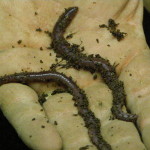
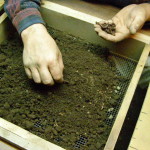
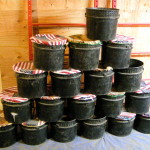
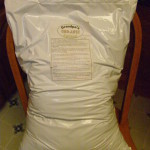
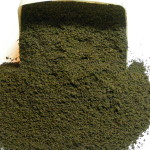
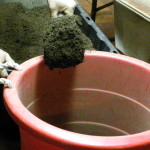
Why all the excitement about earthworms?
Earthworms are truly amazing creatures that hold vast potential for addressing many of our current ecological concerns, including climate change and food security. Perhaps surprisingly, this is not breaking news.
After writing The Origin of Species Charles Darwin devoted much of the rest of his life to the study of earthworms. In his book The Formation of Vegetable Mould through the Actions of Worms with Observations on their Habits Darwin wrote “The plough is one of the most ancient and most valuable of man’s inventions, but long before he existed, the land was in fact regularly ploughed, and still continues to be ploughed by earthworms. It may be doubted whether there are many other animals which have played so important a part in the history of the world as have these lowly organised creatures.”
Earthworms aerate, till and fertilize the soil, breaking down organic waste into plant-available forms, improving the soil structure and nutrient and water-holding qualities of soil. In the past 50 years in particular, the use of chemical fertilizers, over-tillage of the soil and the use of pesticides have killed earthworms and other beneficial organisms, leading to poor soil fertility, loss of soil structure and soil erosion. At the same time, rotting organic waste dumped in landfills is polluting our underground water supply and releasing vast amounts of greenhouse gases.
Earthworms eat organic waste and give us healthy soil and organic fertilizer in return. Put simply, it is a deal that humanity cannot afford to pass up.
Some earthworm facts
As worms move through soil and decaying organic matter, they ingest (eat) and aerate it, depositing castings as they go. These castings are rich in nutrients and beneficial soil organisms. Inside the gut of one worm there are enzymes and masses of bacteria and microbes. Everything that passes through the gut of an earthworm is coated with these beneficial microbes and bacteria.
While fertile soil has in the region of 5-million microbes per gram, worm castings have been found to contain up to 100-million microbes per gram – up to 20 times more! In the soil, these microbes continue to break down organic matter into plant-available forms, thereby enabling plant roots to take up nutrients that would otherwise have stayed bound in the soil. These beneficial organisms also suppress the growth of pathogens, which means healthy soil and healthy plants.
Not surprisingly, it is these very microbes that play a major role in determining soil fertility. All of the great food baskets of the earth, have the earthworm in common. Where the earthworm is missing, the local soils are poor. So it is ironic that earthworms are the very creatures that are killed by inorganic fertilizer applications. While we have been taught that bacteria are ‘bad’, the vast majority of bacteria are not pathogenic to humans, in fact many are beneficial and essential to sustaining the processes of life.
Find a Grandpa’s Distributor in your area